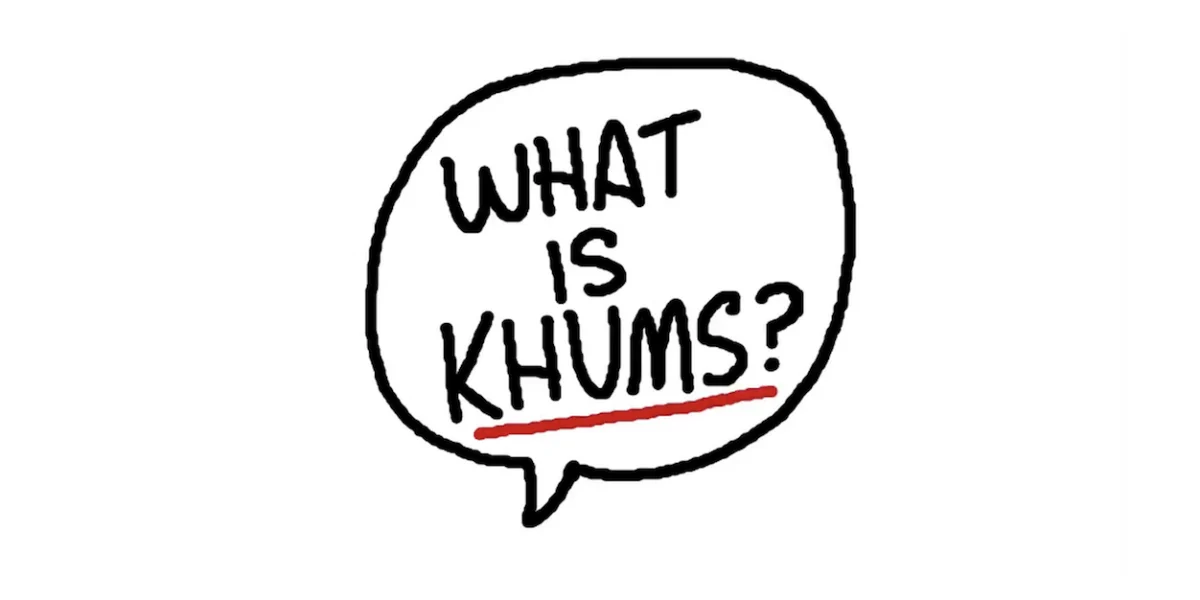- September 18, 2024
- By Bilal Kenya
- Apeal, Community Work, What is Trending
- (0) Comment
مُكتقاف مويل مُكسفنلِأ نودهمت ام و مُكبونذ صيحمت و مُكقزر حاتفم هجارخإ نإف
Paying khums is a key to your provision and purification for your sins and it is something that you prepare to benefit you on the day of your poverty [the Day of Judgement].” Imam Ali Ar-Ridha (a) (Al-Kafi, v.2, p.738).
Khums is an obligatory Islamic tax that has been mentioned in the Holy Qur’an in verse 41 of Surah Anfal. It was practiced during the lifetime of the Holy Prophet and the Imams who succeeded him. It is therefore an act of worship to be performed to seek nearness to Allah.
The literal meaning of Khums is ‘one-fifth’. The amount of Khums you must pay is 20%. Several things are liable for Khums. The one that applies to most individuals today is ‘Surplus income from earnings and gains.’ Earnings and gains include
- Salaries and wages
- Earnings from businesses
- Earnings from investments
- Gifts
- Prizes and bonuses
- Welfare
- Sadaqah, based on obligatory precaution
- Inheritance from an unexpected source, based on obligatory precaution
When do I pay Khums? If you earn a regular income then it is best to set an annual khums date to pay your khums obligation on what you have saved at the end of your khums year. The Khums date may be set according to the Islamic or Gregorian calendar. If you are not working to earn a living then you may decide to have a separate khums year for every income or gain you receive. For any income that you are certain you will not be using for the entire year, it is an obligatory precaution to pay khums immediately.
What happens to the Khums payments I make?
The payments are divided into two equal portions.
- Sahm-e-Imam
- Sahm-e-Saadaat
Sahm-e-Imam is the portion that is allocated to the Imam of our time. As per the guidance of Grand Ayatollah Al-Sayyid Al-Sistani, it is obligatory to remit this portion to the most knowledgeable marja of the time or an authorized individual or organization that has been given the authority (ijaza) to collect khums on behalf of the Marja. Sahem-e-Saadaat is designated for Sayyids (descendants of the Holy Prophet’s great-grandfather) who are in need.
Why should I pay my khums to the Bilal Muslim Mission of Kenya?
Alhamdulillah, the mission has received permission from Grand Ayatollah Al-Sayyid Al-Sistani to collect Khums payments. We further have the authority from him to utilize the Sahm-e-Imam portion of the payments on certain Islamic projects that we undertake. You can therefore rest assured that your Khums money is being utilized in the most appropriate and acceptable ways as per the Islamic Laws.

